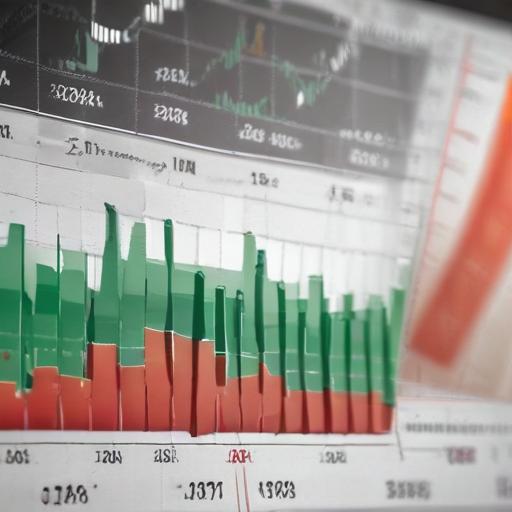Indian stock markets saw a notable recovery last week, closing 1.6% higher after three consecutive days of losses. However, there are growing concerns that rising geopolitical tensions, particularly following U.S. airstrikes against Iranian nuclear facilities, may lead to a cautious mood among investors at the start of the new week.
On Saturday, U.S. President Donald Trump confirmed that coordinated airstrikes targeted three significant nuclear sites in Iran: Fordow, Natanz, and Esfahan. Trump’s post indicated that U.S. forces successfully executed the operation, emphasizing that all aircraft returned safely. This escalation in U.S.-Iran tensions is expected to impact global risk sentiment, raising questions about potential market reactions.
Kranthi Bathini, Director of Equity Strategy at WealthMills Securities, noted that while markets have acclimated to geopolitical conflicts, the immediate future may see Indian markets remaining cautious and fluctuating around the 25,000 mark on the Nifty index until there is more clarity regarding Iran’s responses. Bathini also pointed out that developments in the Middle East and the dynamics of crude oil prices will be crucial factors moving forward.
In response to these developments, crude oil prices have surged, with Brent crude increasing over 15% to $77 per barrel, and WTI crude rising 17% to $74.90 in the past eight trading sessions. The airstrikes may exacerbate this rally, particularly if Iran retaliates or disrupts the Strait of Hormuz, a key route for oil supply. Rising oil prices could lead to heightened inflationary pressures and diminish the chances of interest rate cuts, which could adversely affect market sentiment.
Nilesh Shah, Managing Director at Kotak Mahindra AMC, emphasized the importance of monitoring oil price availability and levels, suggesting that while Indian markets can tolerate moderate increases in oil prices, spikes that push prices into the triple digits could severely impact investor confidence. He advised that traders exercise caution, while long-term investors should view market corrections as opportunities for investment.
Despite a weakening dollar due to concerns about U.S. economic dominance, expert analysis suggests that a direct U.S. involvement in conflicts could lead to a temporary boost for the dollar due to a flight to safety. However, any deepening of geopolitical tensions will likely complicate this dynamic and affect foreign institutional investors (FIIs), who have recently turned cautious after demonstrating strong inflows earlier in the year.
As markets approach the psychological level of 25,000, analysts indicate that prior attempts to surpass this threshold have been unsteady. Anand James of Geojit pointed out that the market’s current positioning requires more momentum to sustain upward movement, suggesting that initial attempts may occur, yet failure to maintain levels above 25,045 could lead to further declines.
This situation presents both challenges and opportunities, as investors remain diligent in navigating the uncertainties wrought by geopolitical conflicts while also seeking potential gains amidst volatility.
